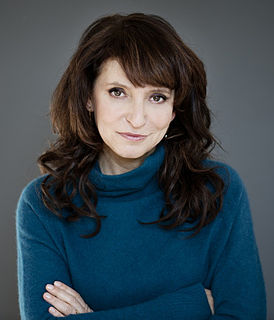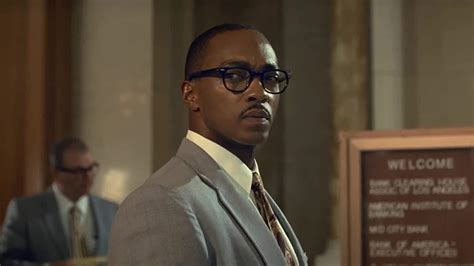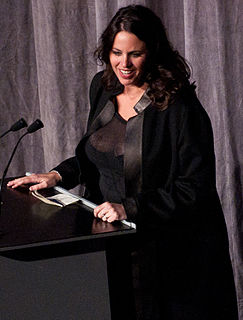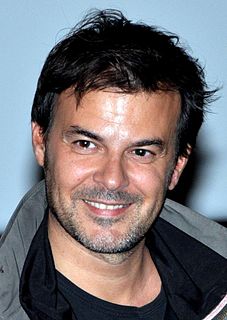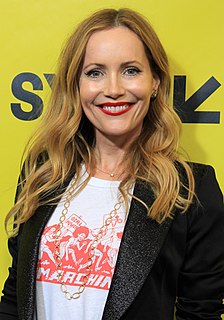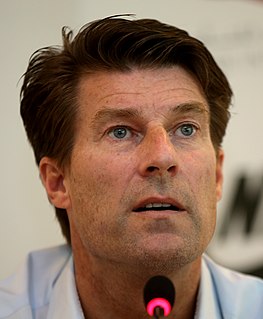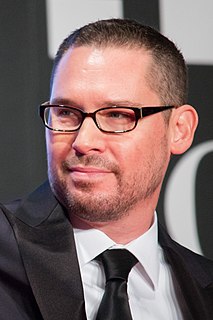A Quote by Susanne Bier
Anders Thomas Jensen and I had talked about making a movie which addressed the cancer issue, and we didn't want to make it heavy-handed. We wanted to do something which had a lot of hope in it. And then for some reason we came up with a romantic comedy.
Related Quotes
I came in on this movie after there had been a director and I came in after Tom Courtenay had talked to Ron Harwood about making a movie. So, you know Tom and Albert Finney had been friends since the beginning of their career as they became stars around the same time - Tom always reminds me that Albert was first with Saturday Night and Sunday Morning and then Tom with The Long Distance Runner.
The thing that I think a director has to have in order to make a movie really work, and to certainly make a film that feels personal, which I hope this one does, is that you have to have a sense of the feeling that you want to create in people, the tone which you want to tell the story, and the basic themes you want to come out. You can't compromise on those because you are then not making the movie that you are going to be good at telling.
I heard "romantic comedy about the invention of the vibrator in Victorian England," and I was like, "You have got to be kidding me. Yes, I want to do that." And I had a bunch of small kids, and I didn't want something that was so impossibly difficult, a "broccoli movie." But I wanted something that meant something to me, so I just kind of said, "Let's go, jump in!" It took a long time to get Hysteria made, but it was really fun.
I didn't want to make Young and Beautiful as very dramatic movie . In a certain way, I wanted to do a girly film. I wanted to make something sweet, pink. With a boy it was too dramatic and too heavy. I had a lot of pleasure with the boys in In the House, I said, "This time I will do a film with girls."
That song [You Got To Make It Through The World] came from a vibe I picked up from an old blues singer named Bo Carter. My lady was making a film as a thesis for U.C.L.A. and she wanted me to write a song to depict this character. The movie had something to do with bootlegging and stuff like that. I found this Bo Carter record and he was just saying something about making it to the woods or something like that.
He talked a lot about the past, and I gathered that he wanted to recover something, some idea of himself perhaps, that had gone into loving Daisy. His life had been confused and disordered since then, but if he could once return to a certain starting place and go over it all slowly, he could find out what that thing was.
What I loved about [The Other Woman] movie was the same thing. It was three women who would never have come together for any other reason except that they had something in common which was this common cause, and that's really the feeling that I wanted this movie to have. It was a huge influence for it.
I don't know what Bruce Willis has done in real life. We know actors have certainly had tirades - that's for sure. I never had troubles with him, but the big issue is really less about what Bruce is, as opposed to - this behavior has taken place, and sometimes it came out at something that had credibility, as opposed to, "No, I want to be fat and have a beard." Other people say, "I don't give a damn about the credibility. I paid $20 million. I want to see a movie star."
But that had been grief--this was joy. Yet that grief and this joy were alike outside all the ordinary conditions of life; they were loopholes, as it were, in that ordinary life through which there came glimpses of something sublime. And in the contemplation of this sublime something the soul was exalted to inconceivable heights of which it had before had no conception, while reason lagged behind, unable to keep up with it.
